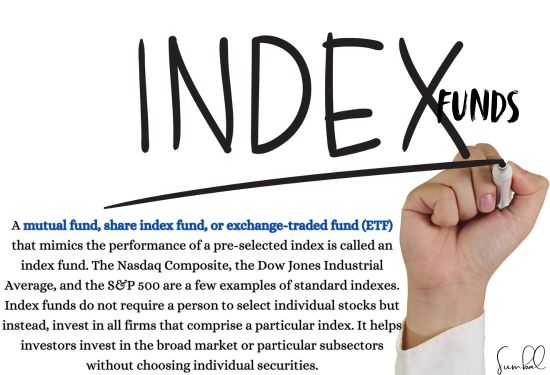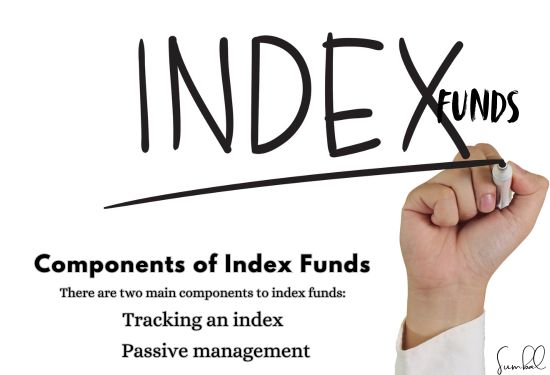When building wealth in the stock market from scratch, index funds have always been regarded as one of the easiest yet powerful tools for wealth generation in the long run. They provide a cheap, diverse, and convenient investment method, perfect for anyone with a long-term financial plan. This guide explains what index funds are, how they operate, and why anyone looking to invest should consider them.

How do Index Funds Operate?
Index funds, unlike actively managed funds, do not intend to perform better than the index with which they align. Here’s the process:
- Replication: To replicate the index's performance, the fund must invest in all or a portion of the stocks in the index it aims to emulate.
- Adjustments: The fund manager's decisions are influenced by its composition, which alters from time to time (some companies are deleted or added).
- Low Turnover: Since index funds involve minimal stock trading, they portray low turnover, which means the associated costs and taxes are low.
Benefits of Index Funds
1. Diversification
When you buy shares in an index fund, you are buying shares in hundreds of different companies at once, spreading your risk. In this kind of structure, if one company does poorly, the performance will likely be compensated for by other better performances.
2. Low Cost
Index funds are managed in a passive style, which suggests that they can be run using less capital than active funds. Consequently, they are not costly in comparison to other types of funds as they give the greatest portion of their returns to the investors.
3. Simplicity
From a beginner investor’s perspective, an index fund is one of the simplest forms of investing in the market. You do not have to study company shares and form buying or selling plans during a favourable time in the market. They always tell you that buying and holding a broadly diversified index fund is the best investment strategy.
4. Long-Term Performance
Research has found that large markets will grow over time, although they may fluctuate, as is expected in the share market. Thus, index funds enable investors to follow this general tendency upward.

Best For
- Long-Term Investors: Those who accumulate funds for retirement, education, or any other need in the future.
- Beginner Investors: New investors who are not keen on using much energy to manage their stock.
- Cost-Conscious Investors: The investors are looking to save on all fees and expenses.
Instructions for the Index Funds as Investment
Choose an Index: Select the market index you wish to get in line with, for instance, Standard & Poor’s 500 or narrow-based index.
Pick a Fund: Select research funds from reliable companies such as Vanguard, Fidelity, or BlackRock, and compare expense ratios and historical performance.
Invest Regularly: Create a long-term investment schedule that allows investing in the stock at regular intervals and adds value to dollar-cost averaging.
Stay Patient: Index funds were developed to provide long-term returns. Investors should refrain from making decisions based on temporary market fluctuations.





